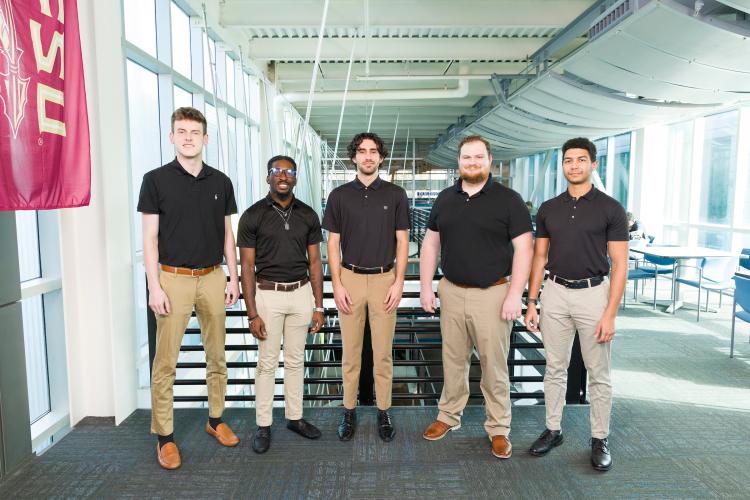
Florida has the third highest rate of human trafficking in the country. We aimed to design a tool to help authorities track and prosecute potential offenders and disrupt human trafficking in the state. Our device features an array of sensors, GPS and cameras hidden inside a rear-view mirror. The mirror allows police to gather images and locations from inside the vehicle. Collecting these data points allows authorities to create a map of trafficking hotspots while providing irrefutable evidence of crimes.
We focused on fitting the necessary technology inside the mirror, challenging because electronics were likely to overheat in such a small space and the space restricted battery size.
The device includes five main components: camera capturing images of suspects and victims, SD card storing images, GPS tracker determining location, battery providing power, and microcomputer managing operations. Installation requires up to one week.
Early designs considered using existing car systems, but self-contained components proved easier to install and deploy quickly. We could distribute these to rental companies with minimal disruptions, eliminating a widespread method traffickers used to access cars.
We added energy harvesting from the car’s motion and temperature changes. None provided enough power alone, but together significantly extended battery life.
